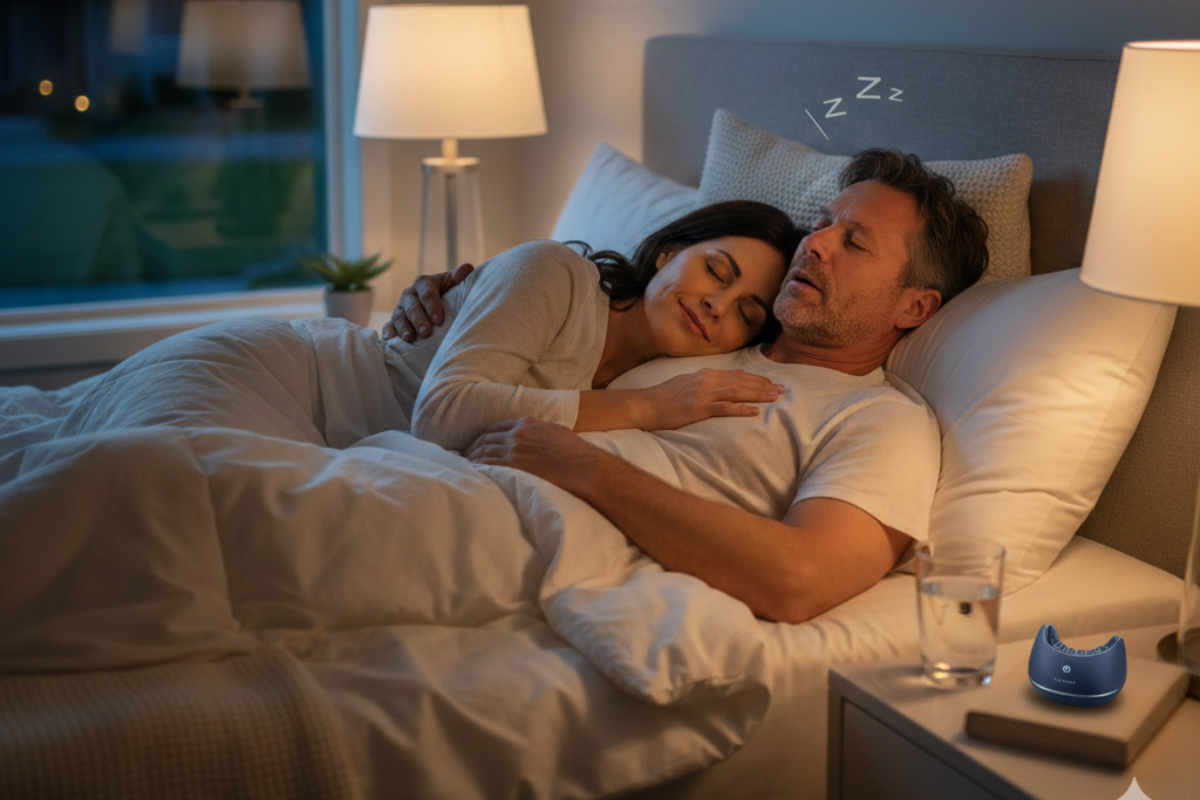Free Shipping - On Orders Over $99 (USA, Canada, UK, & AU)

How to Get a Good Night’s Sleep While Traveling
January 17, 2017 2 min read
Tips for Improving Sleep on Vacation
One of the most relevant causes of sleep problems during vacation is related to traveling across time zones. Your body gets used to the natural day-night cycle where you live, so when you travel across time zones, it may take some time for your circadian rhythm to catch up and for your body to adjust. Even if you do not travel across time zones, simply being in a place away from home is enough to cause sleep problems for some people. Below you will find a list of tips for ensuring quality sleep while you are away from home:- Plan as much as you can ahead of time so you get a good night’s rest before you leave. Do not leave your travel plans to the last minute or else you might become stressed and frazzled, resulting in a late bedtime before you hit the road.
- Compile a sleep kit to bring with you as you travel. Include in the kit things like ear plugs, an eye mask, herbal tea bags, and perhaps a CD of soothing sounds or music.
- Eat right and exercise. Many people view vacation as a chance to throw the rules out the window, and they end up overindulging in rich foods and skimping on exercise. Eating too much heavy food and not getting enough exercise can have a negative impact on your sleep so try to maintain healthy habits while you travel.
- Request a hotel room on a quiet floor. Some hotels reserve certain rooms or entire floors for guests who want to get a good night’s sleep. These hotels may enforce restrictions against children, parties, and loud music – the rooms may also be located off the street or be equipped with double-paned windows to help keep noise out.
- Relax a little to settle down for bedtime. Try to keep good sleep hygiene when you are on the road by giving yourself a little bit of time to settle down before bed. Stop using your phone, computer, and TV about 30 minutes before bedtime and dim the lights to encourage sleep.
- Be aware of problems like sleep apnea and snoring that might impact your quality of sleep – consider investing in an anti-snoring mouthpiece to keep your airway open at night so you don’t lose sleep.
Also in Blog

Healthy Sleep Goals For 2026
December 22, 2025 6 min read

💨 Are Your Nighttime Breathing Issues Robbing You of Your Health and Your Energy?
December 12, 2025 3 min read
Breathing issues during sleep, collectively known as sleep-disordered breathing, are a major public health concern.

Is Your Snoring a Sign of Something More Serious? Unpacking the Science of Sleep
December 05, 2025 3 min read
When you snore, what's actually happening?
Join our Insiders Club
Every week you will receive specials, discounts, and giveaways.
Categories
- Better Sleep
- depression
- Fitness
- funny animal
- Global Citizenship
- health
- Mental Health
- mouthpiece
- nutrition
- pillow
- Productivity
- relationships
- sleep
- sleep apnea
- sleep deprivation
- Sleep Tech
- snoring
- snoring humor
- snoring jokes
- snoring sounds
- stop snoring
- StopSnoringStartLiving
- technology
- Tongue displacement
- travel
- video
- Young Adult

